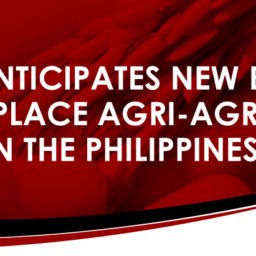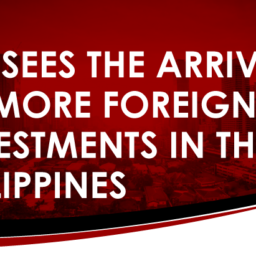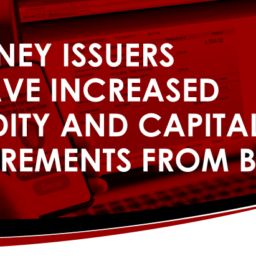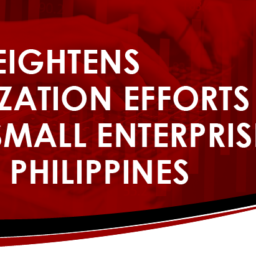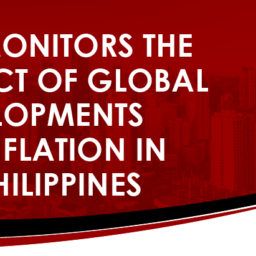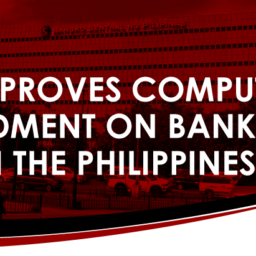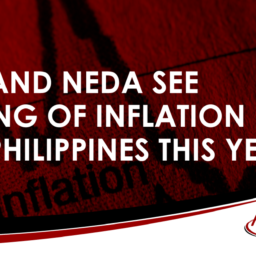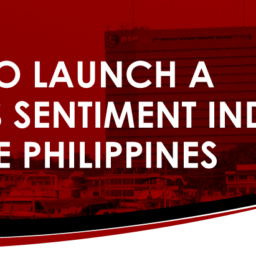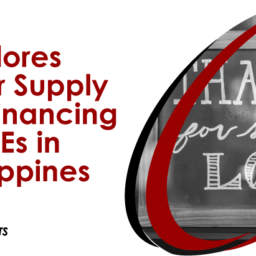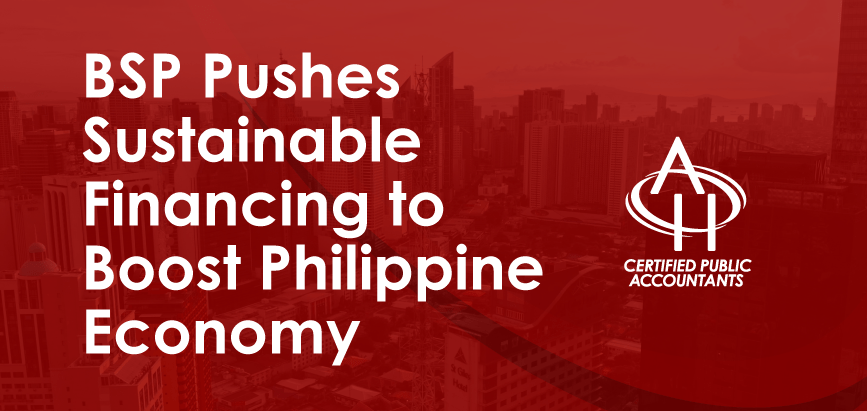
BSP Seeks for More Sustainable Finance and Economy in the Philippines in 2022
The Bangko Sentral ng Pilipinas (BSP) Governor Benjamin E. Diokno is seeking more strategies that promote sustainability towards the operations of financial institutions to guarantee a more stable, resilient, and inclusive post-pandemic economy in 2022.
Diokno stated, “We want a more sustainable economy — one where businesses and citizens are more mindful of the environment. “Climate change is real and its impact devastating.”
The Philippines is committed to lessening carbon emissions by 70% by 2030, that said, the country must exert better efforts.
Diokno noted, “This is a gargantuan task that requires a whole-of-nation approach to achieve” .
BSP, together with the Department of Finance (DOF), co-chairs the inter-agency “Green Force” which is in charge of the Philippine Sustainable Finance Roadmap (PSFR). The goal is to “bridge policy and regulatory gaps in promoting sustainable investments.”
During the outbreak of COVID-19 in the Philippines in previous years, BSP issued its “Sustainable Finance Framework” and in October 2021, they released its “Environmental and Social Risk Management Framework” policies.
According to Diokno, the sustainability framework detailed BSP’s expectations for banks to include sustainability principles in their proceedings while showing Environmental and Social (E&S) objectives to numerous financial institutions. Diokno noted, “With sustainability at the top of the policy agenda, the Philippines is paving its way to a climate-resilient economy and citizenry.”
Hee added, “We shouldn’t let the COVID-19 crisis go to waste: we should learn from it. We will rebound and build back better—toward a more technologically advanced, more inclusive, and more sustainable economy for all Filipinos.”
Moreover, BSP plans to implement additional guidelines on sustainable finance aiming to focus on sustainability principles. The guidelines will include E&S and government considerations as well as strategies in corporate governance, risk management, and operation of banks.
The action also focuses on directing the flow of capital to sustainable projects.
Diokno mentioned that there is a strong drive in the issuance of such partnerships in local and regional markets.
Since 2017, seven banks have issued US$1.15 billion in foreign currency-denominated and ₱85.4 billion in local currency-denominated green, social, and sustainability partnerships.
Diokno expressed that during the pandemic, two banks have issued social bonds worth roughly ₱29 billion to finance the needs of eligible micro, small and medium-sized enterprises (MSMEs).
As of September 2021, the regional level of sustainable bond markets in ASEAN+3 continued to increase to US$389 billion. Some US$278.5 billion worth of green bonds monopolized the ASEAN+3 sustainable bond market while social and sustainability bonds add up to US$110.2 billion.



